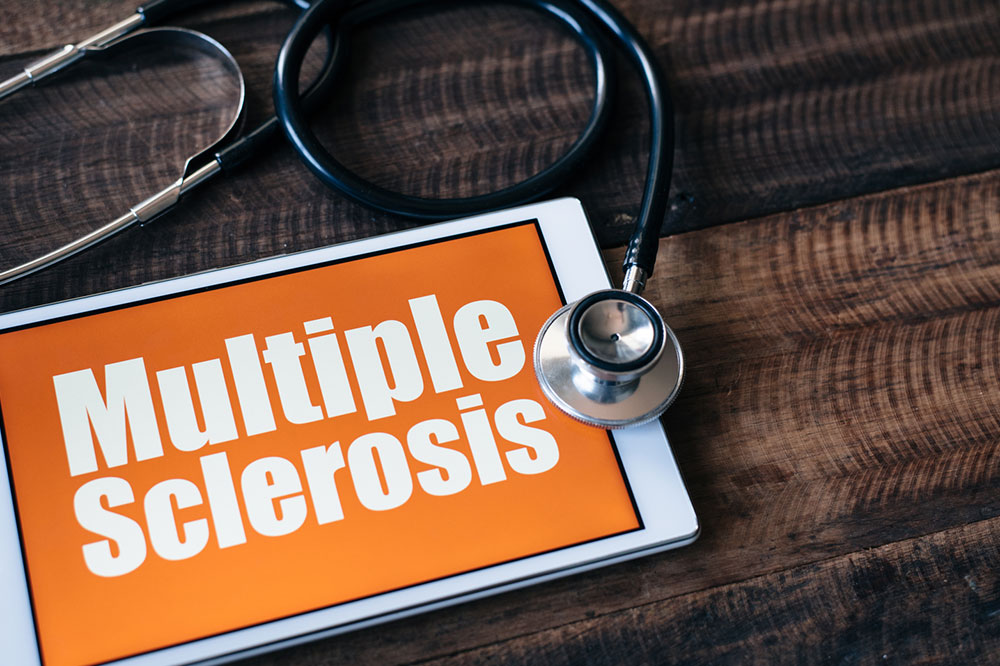Innovative Approaches to Treating Multiple Sclerosis
This article explores cutting-edge treatments for multiple sclerosis, emphasizing personalized care approaches, relapse management, and the latest disease-modifying therapies aimed at improving patient quality of life. It provides an overview of current strategies and medications used in MS management, highlighting their roles, benefits, and potential side effects.

Multiple sclerosis (MS) is a long-term neurological disorder that requires tailored treatment strategies. Factors influencing care include age at onset, gender, disability status at diagnosis, and MS classification. A collaborative team of neurologists, physiotherapists, occupational therapists, psychologists, and social workers collaborates to improve patient outcomes. Treatment priorities include managing flare-ups, preventing relapses, handling complications, and supporting those with permanent disabilities. Although no definitive cure exists, recent therapies aim to better control symptoms and slow disease progression.
Acute attacks are mainly treated with high-dose corticosteroids, such as methylprednisolone or prednisone, given intravenously or orally over several days, followed by tapering. Long-term steroid use carries risks like osteoporosis, mood swings, cataracts, and infection, so usage is limited. Plasmapheresis offers an alternative when steroids are ineffective but requires specialized resources.
For relapsing-remitting MS, disease-modifying treatments like Glatiramer acetate and Interferon beta are started early. They work by modulating immune responses to reduce attack severity. Suitable candidates include those with recent severe relapses and no contraindications. Interferon beta products, including Avonex, Rebif, and Betaferon, are injected regularly, with common side effects like injection site reactions and flu-like symptoms. Glatiramer acetate is administered subcutaneously daily, decreasing relapse rates. Additional options such as Natalizumab, Fingolimod, and Mitoxantrone are also employed for relapse prevention.
Note: This content is intended for informational purposes only and should not replace professional medical advice. Always consult healthcare providers for diagnosis and treatment decisions.


